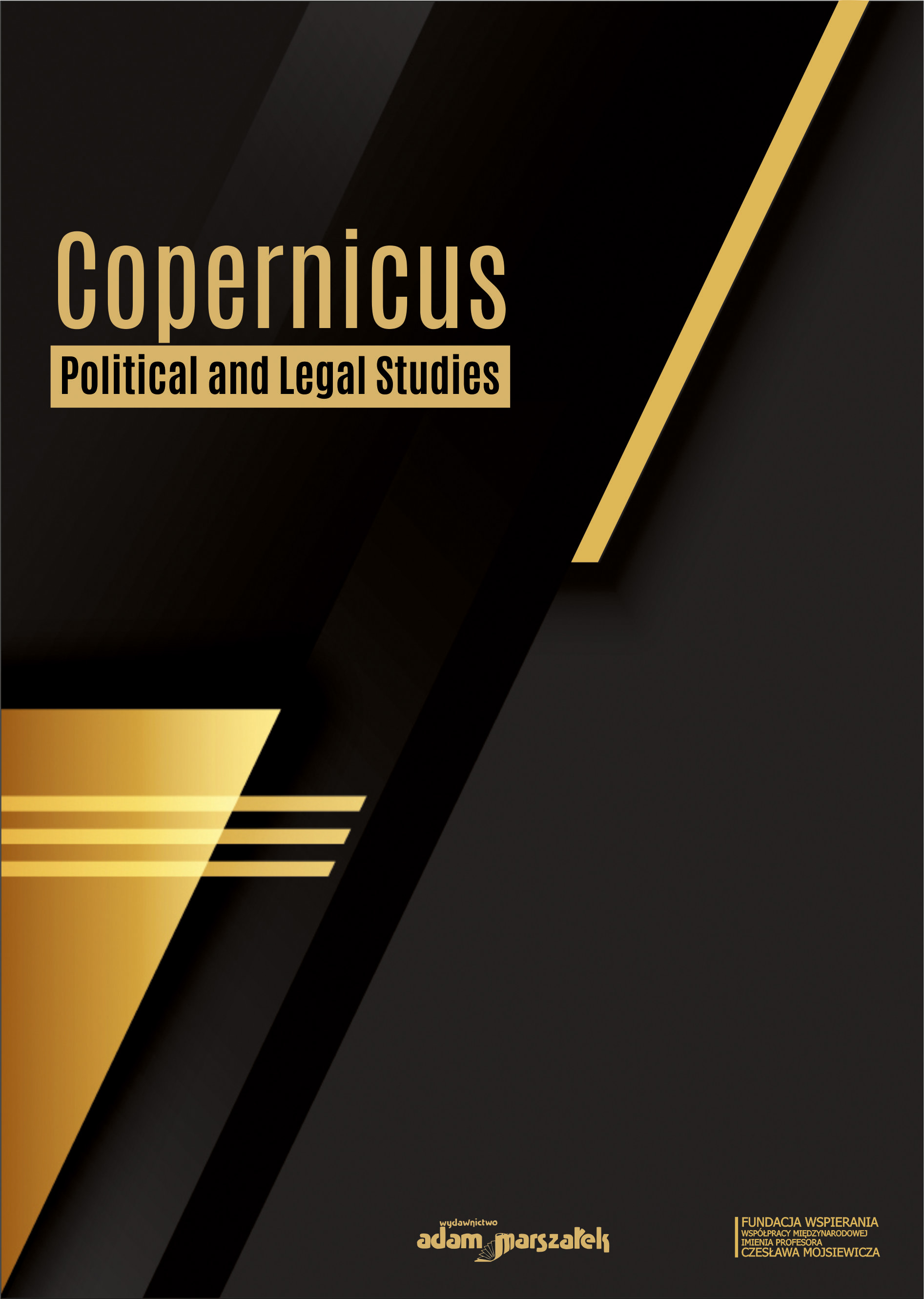Внесок Нюрнберзького трибуналу у формування норм міжнародного права щодо злочинних організацій
The Contribution of the Nuremberg Tribunal to the Formation of the Standards of International Law on Criminal Organizations
Author(s): Myroslava KovalivSubject(s): Criminal Law, International Law, Court case
Published by: Wydawnictwo Adam Marszałek
Keywords: non-governmental organizations; legal responsibility; international criminal law; international crime; Nuremberg principles;
Summary/Abstract: The article examines the contribution of the Nuremberg tribunal in the formation of modern international law on criminal organizations. The methodological basis of the study is a systematic analysis of international law on liability for international crimes, the use of comparative law, formal law and other methods, historical analysis of the origin and development of liability for international crimes, generalization of a wide range of normative and practical materials. The evolution of the responsibility of non-governmental organizations that committed international crimes in the period after the Nuremberg Trials is analyzed, in particular the trends and factors that influenced the development of the concept of international criminal responsibility. In characterizing evolution in international law, it is advisable to consider not all changes in international law, but only those that indicate qualitative improvement. The evolution of international law, like all development, is always objective. The enshrinement of the principle of international criminal responsibility in the Statute of the Nuremberg Tribunal constitutes a protective function, which is expressed in the direct application of the norms of international criminal law and international humanitarian law. The development of international law governing the jurisdiction of criminal organizations does not stop. It is noted that with the development of legal certainty of the status of non-governmental organizations, the principles set out in the decisions of the Nuremberg Tribunal on the responsibility of individuals and legal entities under public law for crimes against humanity are developing. The main trends in the development of international criminal law, including the liability of non-state legal entities under public and private law. It is determined that in the period after the Nuremberg Trials, the main direction in the legal definition of liability for war crimes was the development of norms and mechanisms of criminal liability. Criticism of Russian researchers’ views on the responsibility for international crimes of non-governmental organizations committed in other countries, who believe that non-governmental organizations in this case can not be recognized as criminal organizations. It is stated that international law does not contain a clear line between formally defined organizations - legal entities recognized as subjects of national law, and criminal groups, whose legal status can be recognized from the standpoint of the decisions of the Nuremberg tribunal. International legal norms on this issue should be devoted to identifying the criminal nature of the group and the establishment of criminal consequences for members of the criminal group. Dissemination of international legal responsibility for war crimes, crimes against humanity committed during armed conflicts of international and non-international nature, the modern concept of international humanitarian law.
Journal: Copernicus Political and Legal Studies
- Issue Year: 1/2022
- Issue No: 2
- Page Range: 33-39
- Page Count: 7
- Language: Ukrainian

